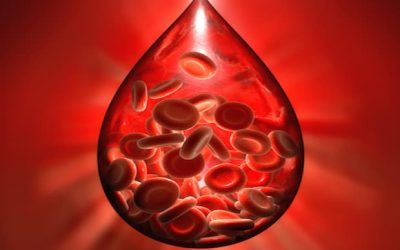GlaxoSmithKline has launched its cervical cancer vaccine Cervarix in the UK – where it will compete for market share with Sanofi Pasteur MSD’s rival Gardasil – following its European green light last week.
Cervarix is indicated for the prevention of precancerous cervical lesions a
nd cervical cancer causally related to human papillomavirus types 16 and 18 in girls and women aged between 10 and 25, and is priced at £80.50 per dose (three required for protection) which, a spokesman for GSK told PharmaTimes UK News, is comparable to that of Gardasil.
Approval was b
ased on data from clinical trials in almost 30,000 females, including data from the largest Phase III cervical cancer vaccine efficacy trial to date, involving more than 18,600 women. The results showed that, like Gardasil, Cervarix was almost 100% effective in preventing precancerous lesions caused by HPV 16 and 18.
But the vaccine will have its work cut out to catch up Gardasil, which won the race to market in 2006 and hit UK shelves last October. Analysts are seemingly confident in its success, with Sho Matsubara of Standard & Poors predicting that Cervarix will smash through the blockbuster barrier in 2011 with sales of over £1 billion, according to media reports.
Competitive edge?
Gardasil, however, also protects against HPV strains 6 and 11 as well as 16 and 18, and thereby offers the benefit of tackling genital warts too, and this, together with its first-to-market advantage, could provide it with a sustained competitive edge over its rival, helping it achieve the $3 billion peak sales target forecast by analysts. GSK, therefore, will be pushing hard to tout any benefits that its offering may have.
But the spokesman told PharmaTimes UK News that the company remains confident in its vaccine, and that results from ongoing clinical trials indicate that Cervarix may offer broader cross-protection against cancer causing types of HPV other than 16 and 18.
Furthermore, he explained, while both vaccines employ the use of adjuvants, which boost the ability of an antigen to stimulate an immune response, Cervarix uses a novel adjuvant known as AS04, which GSK is hoping to prove will give its vaccine an edge over its rival, because it has been designed to produce a longer immune response than vaccines using a traditional aluminium-based adjuvant.
Head to head
Cervarix and Gardasil are currently being assessed head-to-head in a study launched by GSK at the beginning of the year. The main objective of this trial is to compare the immune responses to HPV types 16 and 18 in women aged 18 to 26, while secondary goals will assess this in those aged 27 to 35 and 36 to 45.
The study will also look at immune responses to other cancer-causing HPV types, such as 45 and 31 which, together with types 16 and 18, cause more that 80% of cervical cancers, and first results are expected around the middle of next year, the spokesman said.
The battle between the drugs may soon move up a gear, as the UK government has provisionally agreed to accept advice of the Joint Committee on Vaccination and Immunisation that HPV jabs should be introduced routinely for girls aged around 12-13 years, “subject to independent peer review of the cost-benefit analysis”. Although it is too early to speculate on what the JCVIs recommendations may be, the spokesman said, “GSKs remains confident in our vaccine which, we feel, offers a compelling option.”








